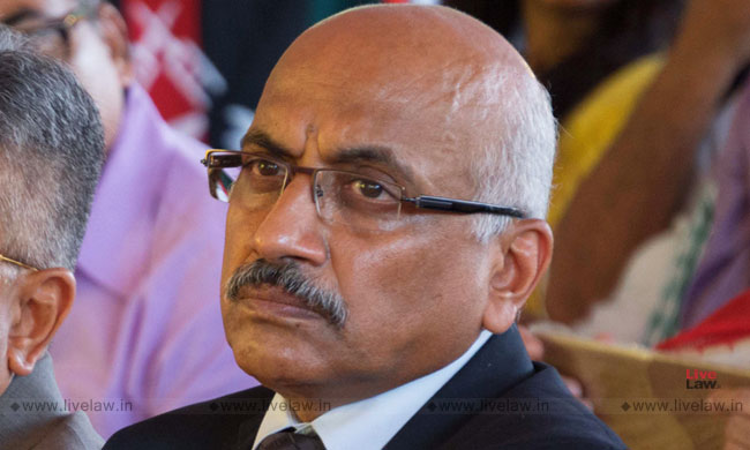The Central Government has appointed former Supreme Court Judge Hemant Gupta as the Chairperson of New Delhi International Arbitration Centre (NDIAC).The Appointments Committee of the Cabinet uploaded an information note approving Justice Gupta's appointment.The NDIAC is an autonomous institution based in New Delhi, to conduct arbitration, mediation, and conciliation proceedings. It...

